Road Covered…Challenges
- Par Eldickson Agbortogo
- 15 Dec 2022 13:42
- 0 Likes
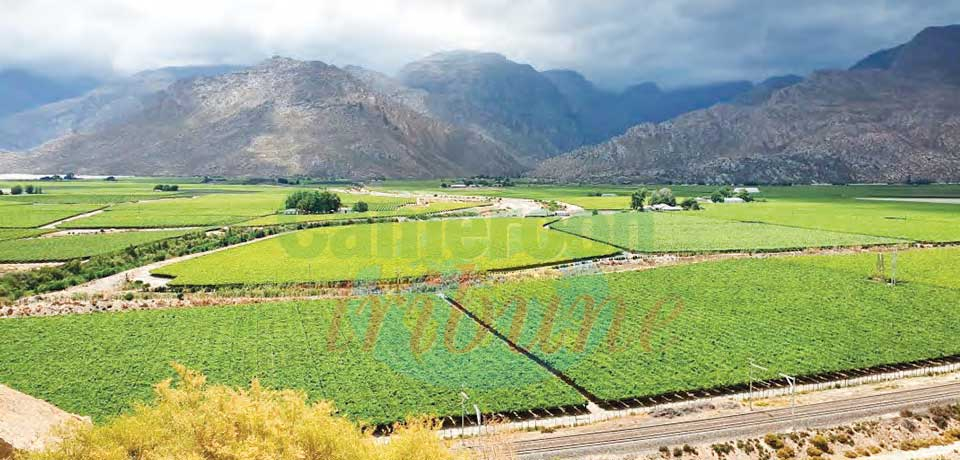
On January 8, 1912 the Africa National Conference saw the light of day with the aim of defending the interests of the majority especially the blacks. Eighty-two years after, the party glamorously came to power with numerous flashy promises to revamp the country’s ailing sectors. But twenty-eight years after they made those promises the population is still not feeling the pinch of the party’s reforms because not much has been done in several sectors.
Persistent Political Crisis
Though the ANC still has a comfortable majority in Parliament today, the Political climate is not at its best. Division and tensions within the governing African National Congress (ANC) is slowing progress being made on reforms. The ANC has been fragmented internally to a great extent even before the last elections. There have always been political splinter groups in the party’s history, especially in 2013, when the party witnessed a setback following the departure of the former chairman of the ANC Youth League, Julius Malema, to form the EFF party. Conflicts within the party are now being waged openly and with a willingness to use political violence. This internal cleavage has reduced not only the party’s cohesion but also President Cyril Ramaphosa’s capacity to act.
Land Reforms, A Prerequisite
At the end of apartheid, almost 90 per cent of the land in South Africa was owned by white South Africans, who make up less than 10 per cent of the population. The government led by the African National Congress (ANC) vowed to redistribute land. Several years after, it has not been able to implement the land reforms. In 2014 government officials announced that the deadline for shifting one third of the country's land from white farmers to black residents has been postponed until 2025. Land reform has fallen far short of expectations and official targets in every respect: in the amount of land redistributed, in the alleviation of poverty and unemployment, in the restructuring of the agricultural economy to create opportunities for previously disadvantaged people and in protecting small farmers and farm workers from eviction. To date, less than 7 per cent of land has been redistributed, and if current performance continues there is no likelihood that the target of one third will be achieved even by 2025. Also, most of the land that has been transferred lies unused because of a lack of capital and skills on the part of the new owners, greatly exacerbated by the imposition of unworkable “business plans” by State agencies, coupled with a dire lack of support services. Government has tended to blame intransigent white landowners for the slow performance of this program, but that is only a small part of the problem.
Rampant Social Discontent
The country and its economy has been faced with massive difficulties in elec¬tricity supplies. This crisis is the result of corruption and the poor decisions. Even though the ANC government has clearly set its priority tackling the pervasive economic and financial crisis through an austerity policy, the measures have instead increased the already widespread dis¬content with government policy. Disappoint¬ment is greatest in those parts of the popu¬lation that had hoped the former liberation movement would deliver economic emanci¬pation, redistribution and prosperity.
The serious derelictions of the past few years and the precarious economic condi¬tions in South Africa, both of which directly impact the people, have visibly shaken confidence in democratic institutions. In August 2021 Afro-barometer published shocking data: confidence is at its lowest point ever since surveys began in 2006. Only 38 per cent of those polled trusted the President and 27 per cent trusted parliament. Forty-six percent declared themselves “very willing” to give up their right to vote in return for an unelected government cre¬ating jobs or ensuring security and decent housing conditions.
Corruption At The Peak
Since 1994, the ANC has dominated South Africa’s electoral landscape, winning more than 50 per...
Cet article complet est réservé aux abonnés
Déjà abonné ? Identifiez-vous >
Accédez en illimité à Cameroon Tribune Digital à partir de 26250 FCFA
Je M'abonne1 minute suffit pour vous abonner à Cameroon Tribune Digital !
- Votre numéro spécial cameroon-tribune en version numérique
- Des encarts
- Des appels d'offres exclusives
- D'avant-première (accès 24h avant la publication)
- Des éditions consultables sur tous supports (smartphone, tablettes, PC)






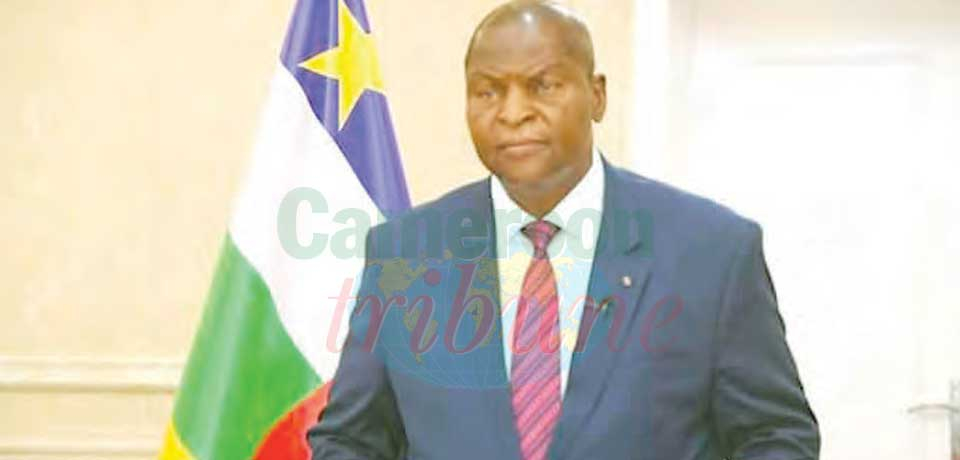
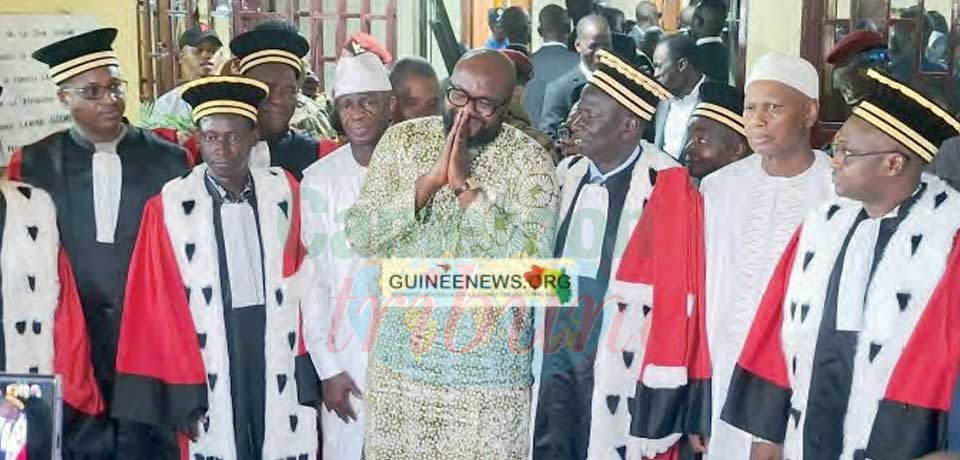
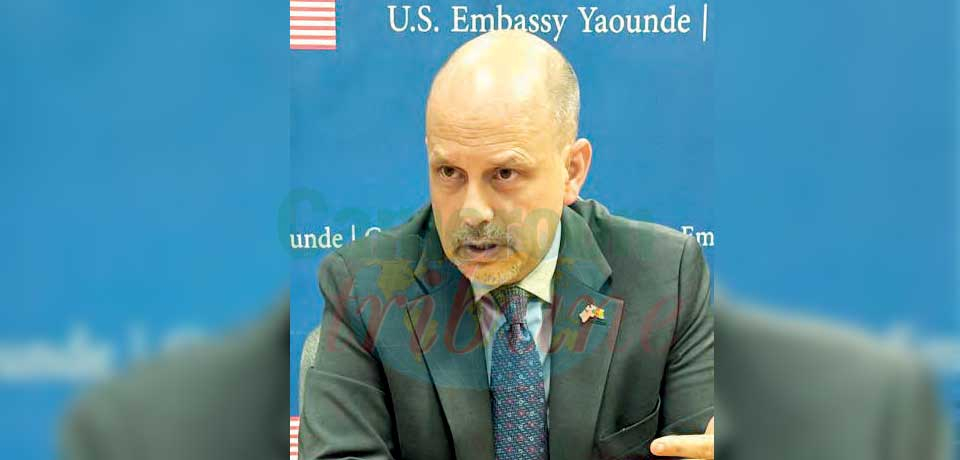
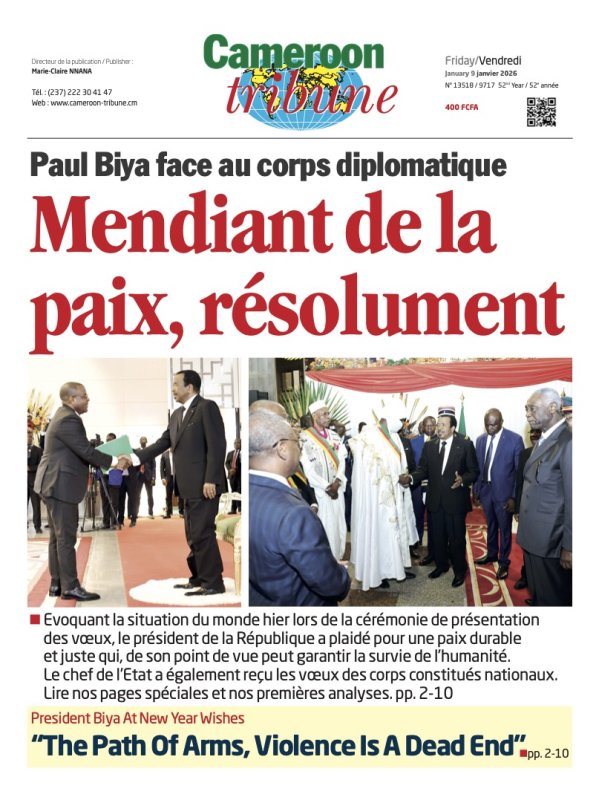




Commentaires